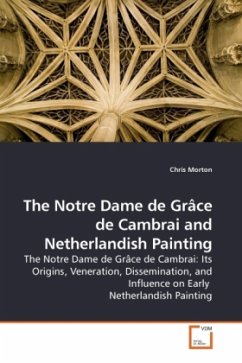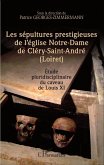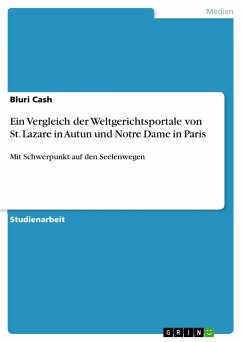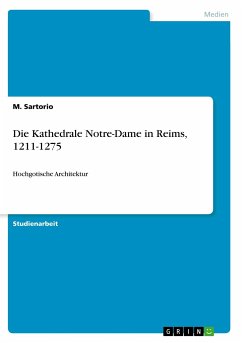The Notre Dame de Grâce was brought to the Cathedral of Our Lady in Cambrai in the mid-fifteenth century. The painting is contextualized in relation to other Byzantine or Trecento images copied from important icons that were popular north of the Alps, especially in France and the Burgundian Netherlands. This background explains why images such as these were important at this time. The donation of the image and its installation into the cathedral is emphasised, as is its veneration, and its attribution to Saint Luke. The payment for copies by Petrus Christus and also the possibility that Hayne de Bruxelles may have been paid to copy the Notre Dame de Grâce is also concentrated on. Other copies that survive will be discussed, as will prints, coins, statues and pilgrim s cards. Later paintings that may have been influenced by the original image including those by Rogier van der Weyden and Dieric Bouts that have been traditionally associated with the object will be addressed to see if this was the case or if there were other prototypes. The gesture of Christ stroking the Virgin s chin will be further discussed.
Bitte wählen Sie Ihr Anliegen aus.
Rechnungen
Retourenschein anfordern
Bestellstatus
Storno








